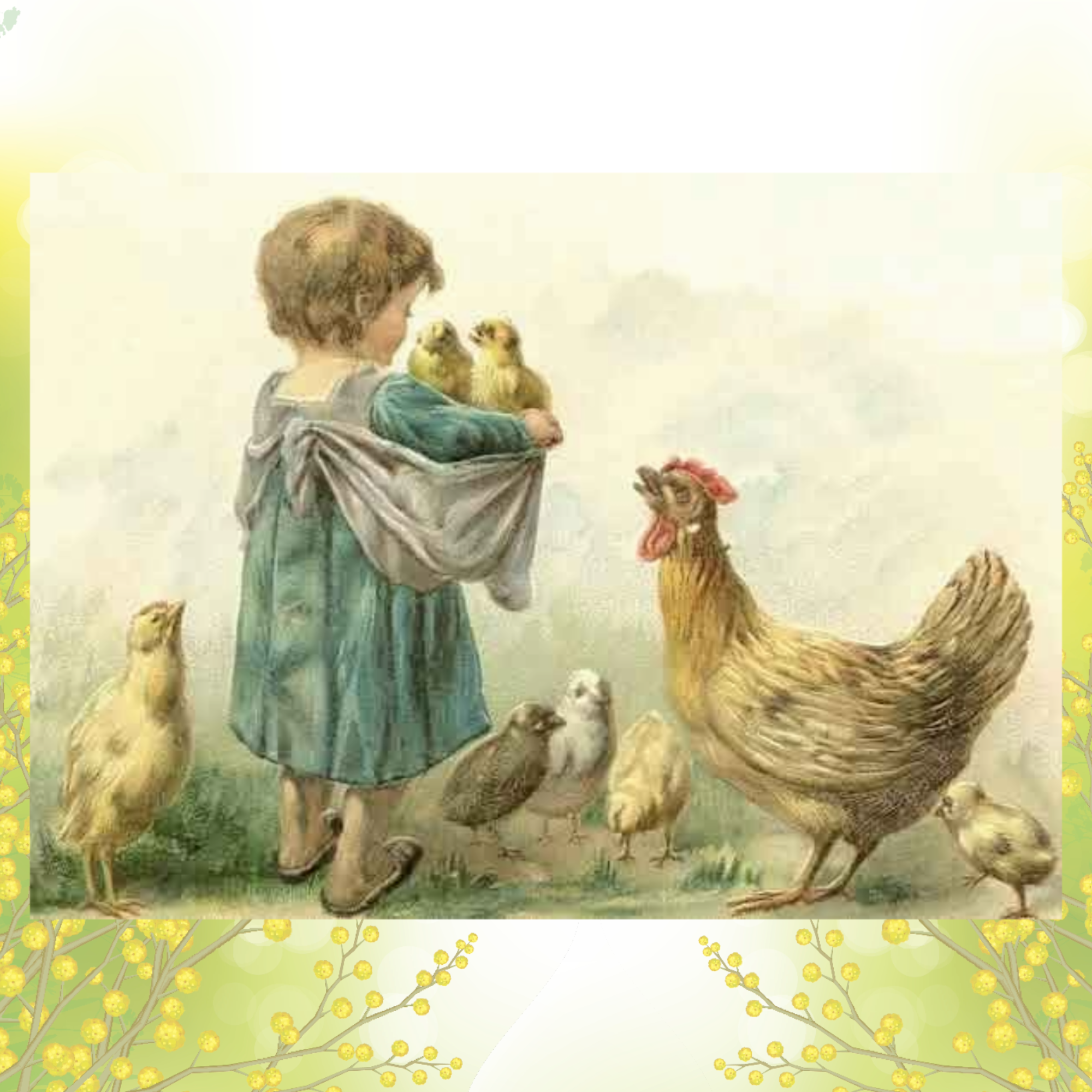- Studio Dirt
- Posts
- Animal subordination
Animal subordination
The memory of pain.

Tarot artwork by Christine Shan Shan Hou
Miriam Gordis on vegetarianism, trauma, and a way to “remake the unfolding of the world.”
My mother became a vegetarian in fifth grade after she dissected a frog. The guts spilled out, slimy and still fresh, and turned her stomach. For twenty years, she did not partake of animal flesh. On her honeymoon in Europe, when she told wait staff she was vegetarian, they would try to serve her chicken. Around the age of thirty, she got pregnant with me and developed insatiable cravings for red meat. I think of her like Rapunzel’s mother, desperately enacting a kind of Faustian bargain. Anthony Bourdain wrote in 1999 that serious cooks regard vegetarians as “enemies of everything that’s good and decent in the human spirit.” But most people would say the opposite, especially in this dire and flailing climate.
My first boyfriend was also a vegetarian. It was the thing that broke us up. We met learning to swim laps when we were six, and although a lot of our romance is kind of fuzzy in my mind, I remember that he had soft, curly black hair and baby lashes and an aquatic nightlight that I coveted. I thought for a brief stretch of childhood that we would stay in love forever and grow old together. Then he became a vegetarian.
I thought for a brief stretch of childhood that we would stay in love forever and grow old together. Then he became a vegetarian.
This is one of the stories I like to tell when people ask me about myself. Depending on the context, I sometimes change or embellish details, or tell the story in the wrong order, rearranging it to find a moral about love or suffering or growing up. Finding a straightforward moral in things that happen to you is a way to narrativize, but when you tell a story, it is easier to give it a structure and a point. Although it is easy to make this a charming story about babyish romance, for me its ending signals the end of something innocent and optimistic. In therapeutic terms, I might describe it as my initial and core abandonment wound. Everything that has come after, all the love stories and heartbreaks and painfully intertwined connections, has been colored by this story and by my unshakeable sense that there is some kind of narrative pattern that my life will inevitably follow.
Article continues below

IN COLLABORATION WITH MOONLIGHT
Tarot is a 400+ year old esoteric practice that recently exploded into a popular therapeutic ritual for millions worldwide. Enter Moonlight: a fresh platform that evolves with tarot’s needs.
Moonlight hosts unique tools for doing tarot online, including: multiplayer rooms, easy booking for personalized readings and lessons, a sandbox for creating your own rituals, and more! Sessions happen in 'tarot rooms'—a unique interface that blends live video and draggable cards for a truly collaborative experience.
From tarot-curious beginners to seasoned enthusiasts, Moonlight offers empowering and fun tools to deepen your journey and help you figure shit out.
Moonlight also hosts a variety of digital decks for on-the-go learning. A limited edition of the Dirt x Moonlight: Summer of Bibliomancy interactive deck is coming soon.

“Tarot is the production of story,” writes Nathan Snaza in Tendings: Feminist Esoterisms and the Abolition of Man, “a patterning of symbols that is simultaneously rule-bound (there are vast traditions of knowledge surrounding tarot interpretation, often drawing from many different religious and esoteric pasts) and completely aleatory.” Like all good storytelling, tarot relies heavily on potential, on identifying fertile and existing threads that could be drawn out to realize their full force in the universe. In this sense, it also encourages attentiveness to the present. Although it belongs to a category of esoteric knowledge that has often been criticized by materialist and feminist writers for its reliance on mystical intuition, Snaza describes tarot first and foremost as a form of reading in the most literal sense. Learning to interpret or to reinterpret the ordinary and mundane scenes of our lives is often a project of reading or rereading until narrative threads finally fit together into a different and more hopeful shape. The randomness of tarot reading functions less as a kind of divining in this description of it, and more as an opportunity to remake the unfolding of the world.
Like all good storytelling, tarot relies heavily on potential
For this tarot reading, in a creative rut, I asked how to find my higher purpose. The response encouraged me sensibly to focus on what was already present; to reap, in other words, what I had sown. I found it moving. I think I cried a little bit on the train while I was watching it. Afterwards, I felt a sense of calm and determination that somehow was not particularly conducive to storytelling. I think I write best when I am agitated or when something is grating me a little bit. All I could think about anyway was vegetarianism. I had recently started dating a vegetarian. My brother had recently started dating a vegan and done a month of veganism just to see what it was like. I myself was a vegetarian for years and years. I started eating fish again because I had iron deficiency and because I am not an especially creative cook. I generally do not think it is morally defensible to eat meat though. At times, I feel like I really am that insatiable baby, hungering for blood from inside the womb, derailing my mother’s commitments.

CREATURE FEATURE
|



